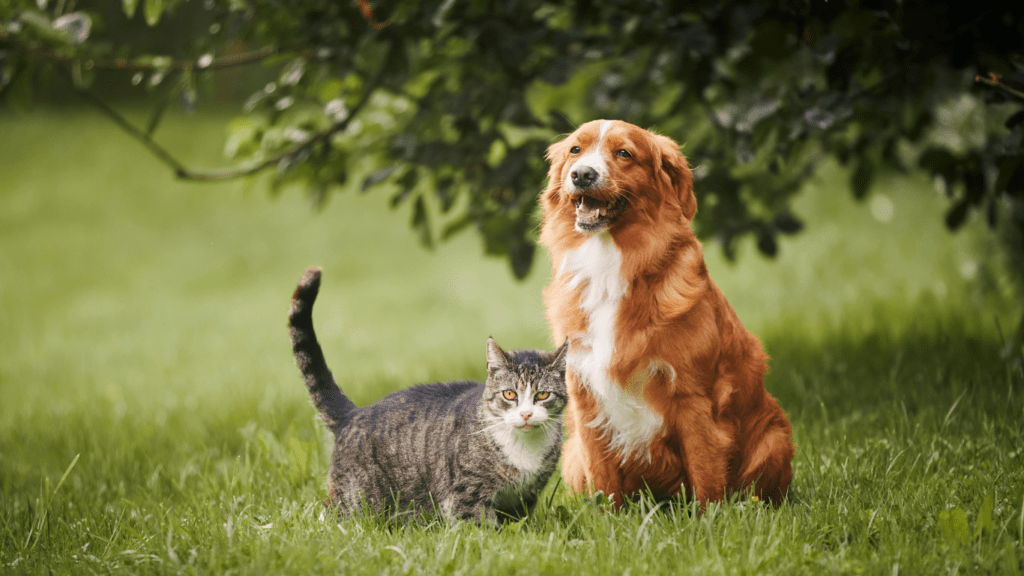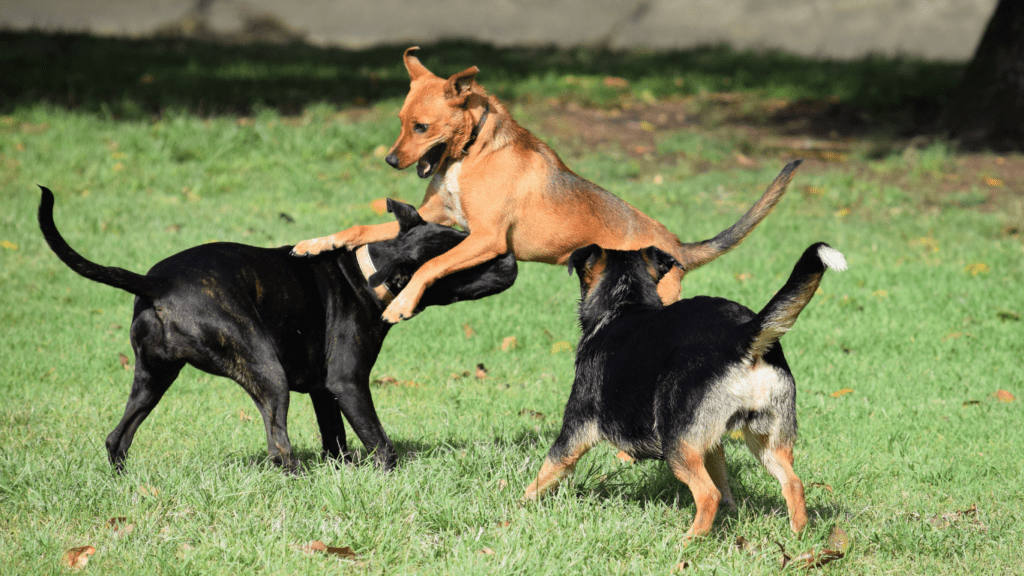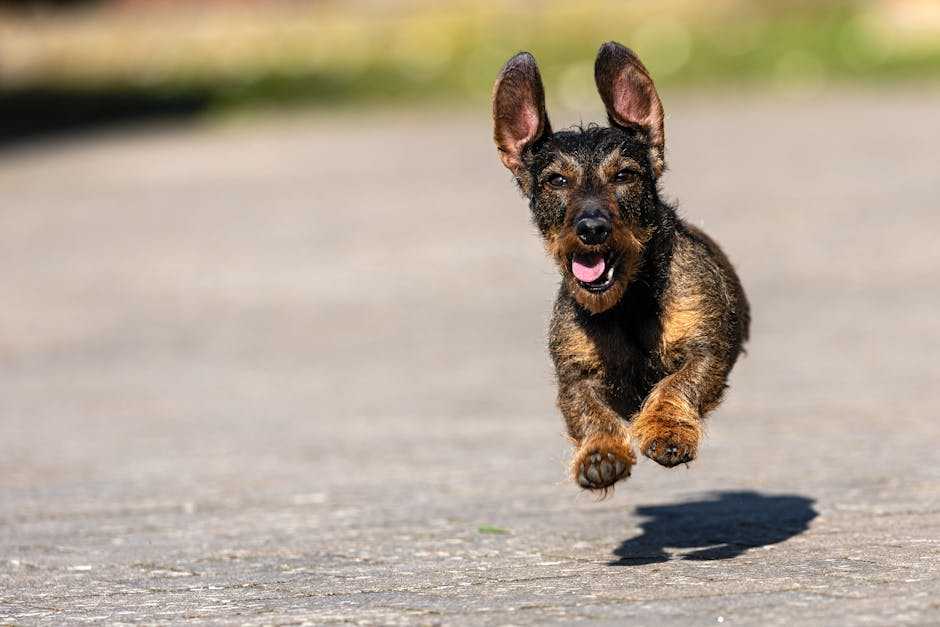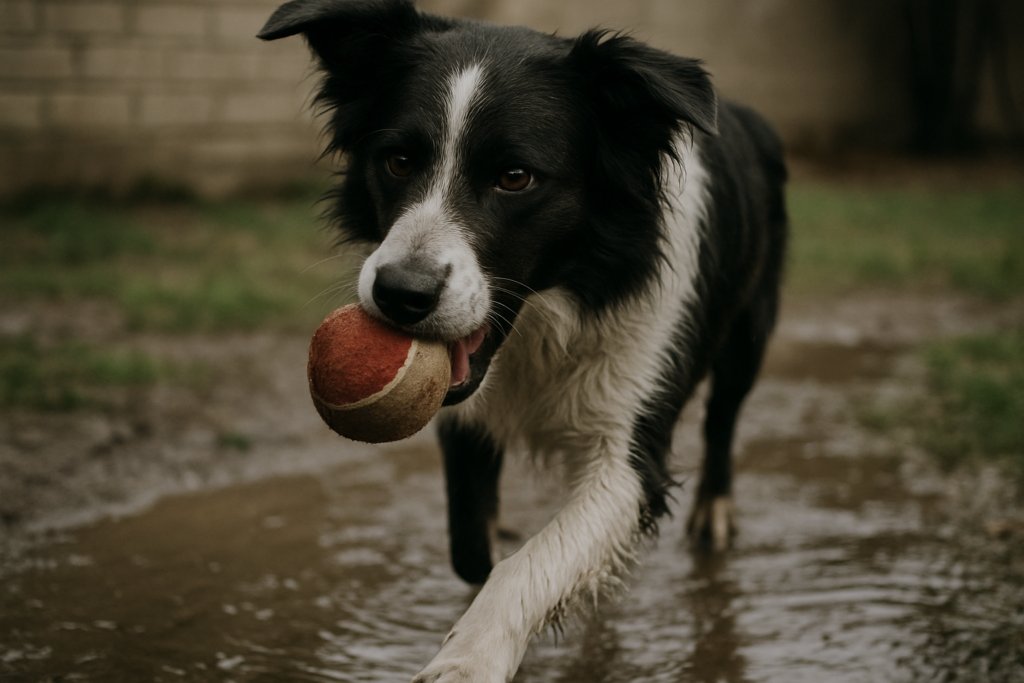Understanding the Importance of Socializing Your Pet
Pets need socialization to thrive. Group play helps them develop essential behaviors.
Why Socialization Is Key to Pet Wellbeing
Socialization enhances a pet’s quality of life. Interaction with other animals reduces anxiety and promotes mental stimulation.
According to the American Veterinary Medical Association (AVMA), pets that socialize regularly exhibit fewer behavioral issues, such as aggression and fearfulness. Playdates, group walks, and communal toys facilitate natural interaction, improving overall health.
The Best Age to Start Socializing Your Pet
- Early socialization is crucial.
- The optimal period varies by species, but generally, young pets adapt more easily.
- The American Society for the Prevention of Cruelty to Animals (ASPCA) suggests socializing puppies between 3 to 14 weeks and kittens between 2 to 7 weeks.
- During these formative weeks, pets absorb new experiences more readily, helping them grow into well-adjusted adults.
- Introduce them to various environments, people, and fellow pets within this window for the best outcomes.
Group Play Ideas for Socializing Your Pet
Group play is essential for your pet’s social development. Structured activities help them interact positively with other animals and people.
Indoor Play Sessions
Indoor play sessions offer controlled environments, ideal for pets unfamiliar with socializing. I recommend using interactive toys like puzzle feeders and fetch toys. These tools keep pets mentally stimulated and engaged. Playdates with other pets are effective, especially in smaller spaces.
Rotate toys regularly to maintain interest and avoid boredom. Enroll your pet in group training classes; they’re beneficial for both learning commands and social skills.
Outdoor Play Activities
Outdoor play activities provide more space for energetic pets. I suggest organizing trips to dog parks if your pet gets along well with others.
These parks offer ample room for running and social interaction. Hiking trails are another excellent option, offering both exercise and new experiences.
Arrange group walks with other pet owners; it’s a great way to foster social skills in a relaxed setting. For more structured play, consider agility courses, which challenge pets physically and mentally while encouraging positive interaction.
Benefits of Group Play for Different Types of Pets

Group play fosters social skills and mental and physical health. Different pets benefit uniquely from these interactions.
Group Play Benefits for Dogs
Dogs become more well-adjusted and less anxious, when they regularly engage in group play. They learn essential social cues and behaviors, reducing aggression and fear. Dog parks, playdates, and group training sessions offer dogs a structured way to interact.
Group Play Benefits for Cats
Cats may not seem social but benefit from group play by reducing boredom and stress. They engage in natural behaviors, like stalking and pouncing, which enhance their physical health. With supervised play sessions, cats can develop better temperaments and trust towards other pets.
Group Play Benefits for Other Pet Species
Other pets, such as:
- rabbits
- guinea pigs
- birds
also gain from group play. These interactions can mimic their natural environments, improving their overall happiness and reducing loneliness. Supervised group play ensures safe and beneficial socialization for these pets.
Tips for Organizing Group Play Sessions
Group play sessions enhance social skills and keep pets entertained. Here’s how I ensure these sessions run smoothly.
Choosing the Right Group Size and Composition
Selecting the right group size and composition is crucial. I keep groups small, ideally 3-5 pets, to minimize chaos and ensure everyone gets attention.
Similar energy levels matter. High-energy pets (e.g., Border Collies) pair well, while calmer pets (e.g., Basset Hounds) should group separately. Mixing species typically isn’t advisable unless they’ve been socialized together from a young age.
Age plays a role. Young pets need supervision around older pets to prevent rough play.
Ensuring Safety During Play Sessions
Safety is a priority. I inspect the play area for hazards like loose wires, sharp objects, or toxic plants before sessions.
All pets should be up-to-date on vaccinations to prevent disease spread. I monitor interactions closely to stop any aggression or bullying immediately.
Providing separate rest areas ensures pets can retreat if overwhelmed, promoting a stress-free environment for everyone.


